In a major and unexpected shift on Thursday, October 30 2025, the Jubilee Party’s National Executive Council (NEC) moved decisively to thrust former Interior Cabinet Secretary Fred Matiang’i into the frontline of its political strategy—appointing him as Deputy Party Leader and naming him the party’s official presidential candidate for the 2027 General Election.
According to party Secretary-General Jeremiah Kioni, the party “received and formally accepted” Matiang’i’s application to run for president under the Jubilee banner, and the NEC unanimously resolved that he would carry the party’s flag into the next election.
Why This Matters
This move represents a bold bid by Jubilee to recapture relevance and rally support ahead of 2027, after internal fractures and shifting alliances had weakened its national presence. Placing Matiang’i—a technocrat with no prior elective position—at the centre of its ambitions signals both a recalibration of strategy and a gamble on outsider appeal.
By elevating Matiang’i to Deputy Party Leader, Jubilee appears to link itself more directly to its founding figure, former President Uhuru Kenyatta, positioning Matiang’i as his successor in the party’s leadership structure. This could set the stage for a dramatic power realignment ahead of the election.
The Immediate Fallout
- Thousands of members and supporters will now face the challenge of rallying behind a candidate who has not previously contested an elective office—a rarity in high-stakes national politics.
- The announcement may force key figures in opposition and allied parties to re-think their strategies, as Jubilee seeks a comeback under new leadership.
- Critics will test the internal party process, making demands for transparency in nomination, grassroots mobilisation and whether the appointment reflects broad basis support or top-down decision-making.
What Lies Ahead
In coming weeks, the party plans to overhaul its structure, open new branches, fill vacant leadership posts and ramp up grassroots operations—with the goal of transforming from a once-ruling party in decline into a competitive force once more. The NEC meeting also filled top posts such as the National Assembly Whip and Senate Whip, signaling the start of a broader reshuffle.
For Matiang’i, the task is steep: he must quickly build a national campaign infrastructure, convert his technocratic credentials into broad-based political support and face off against seasoned electoral politicians. For Jubilee, the gamble is equally high: if the manoeuvre fails, the party risks further marginalisation.

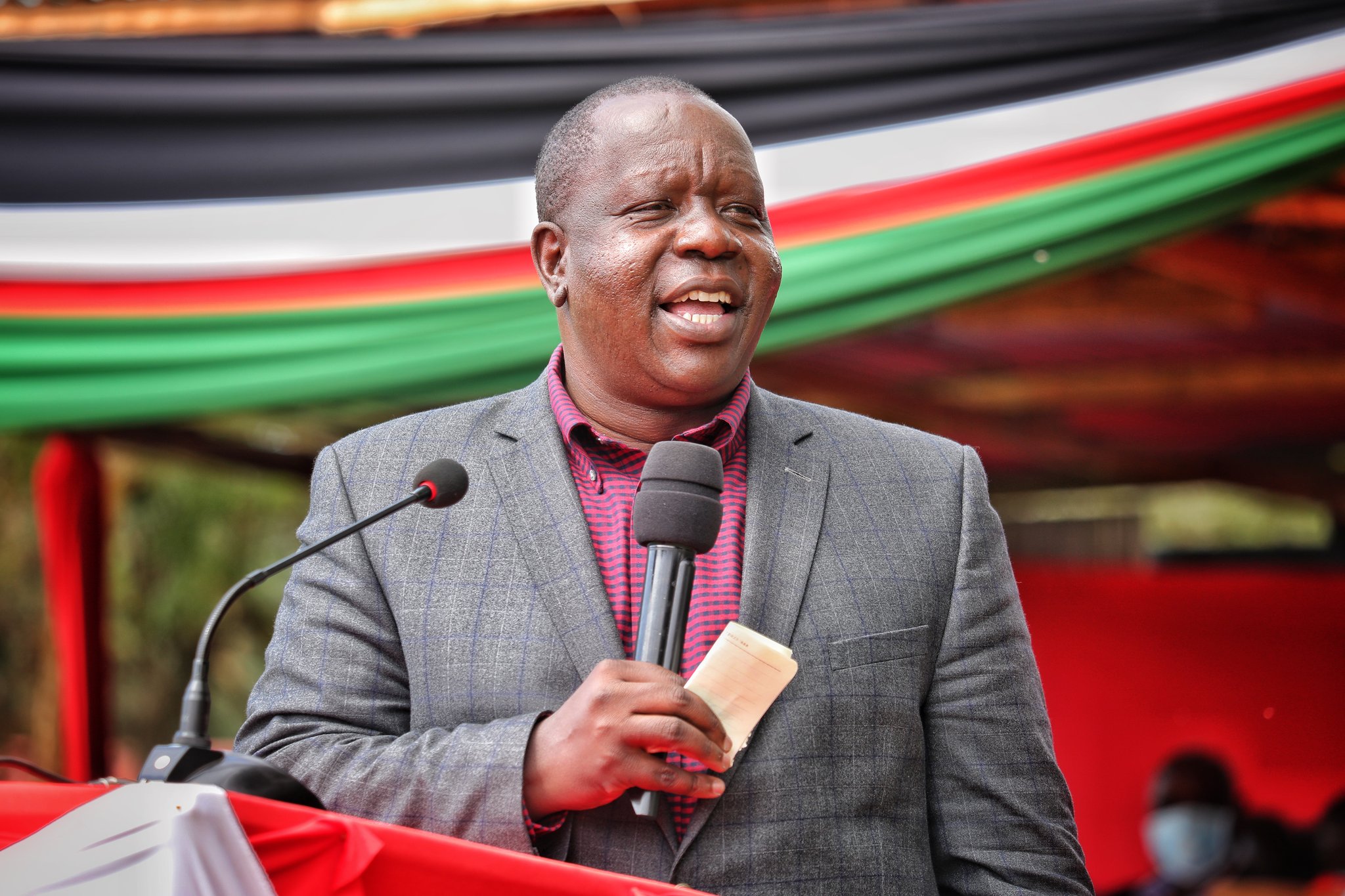



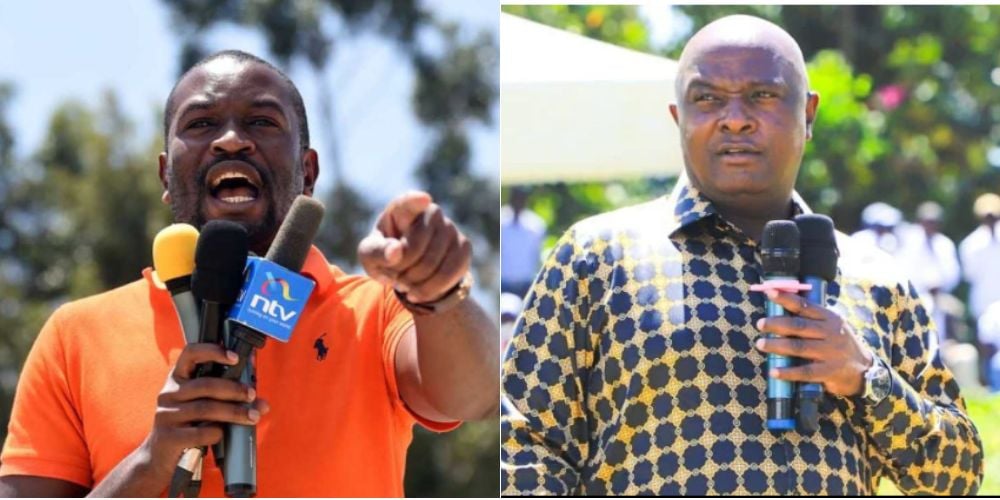
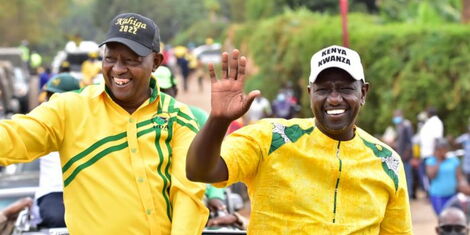
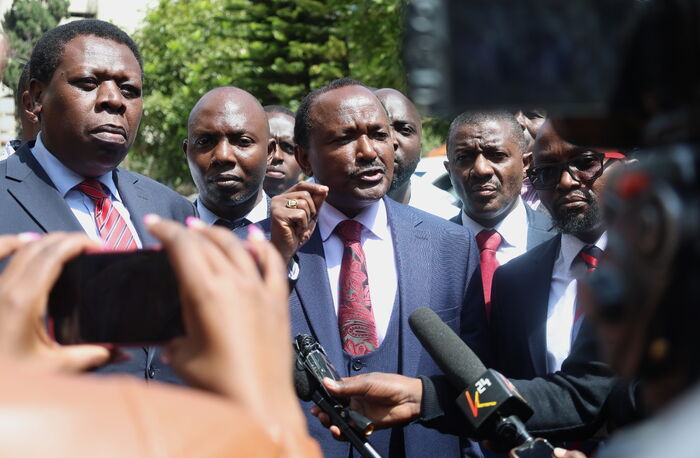
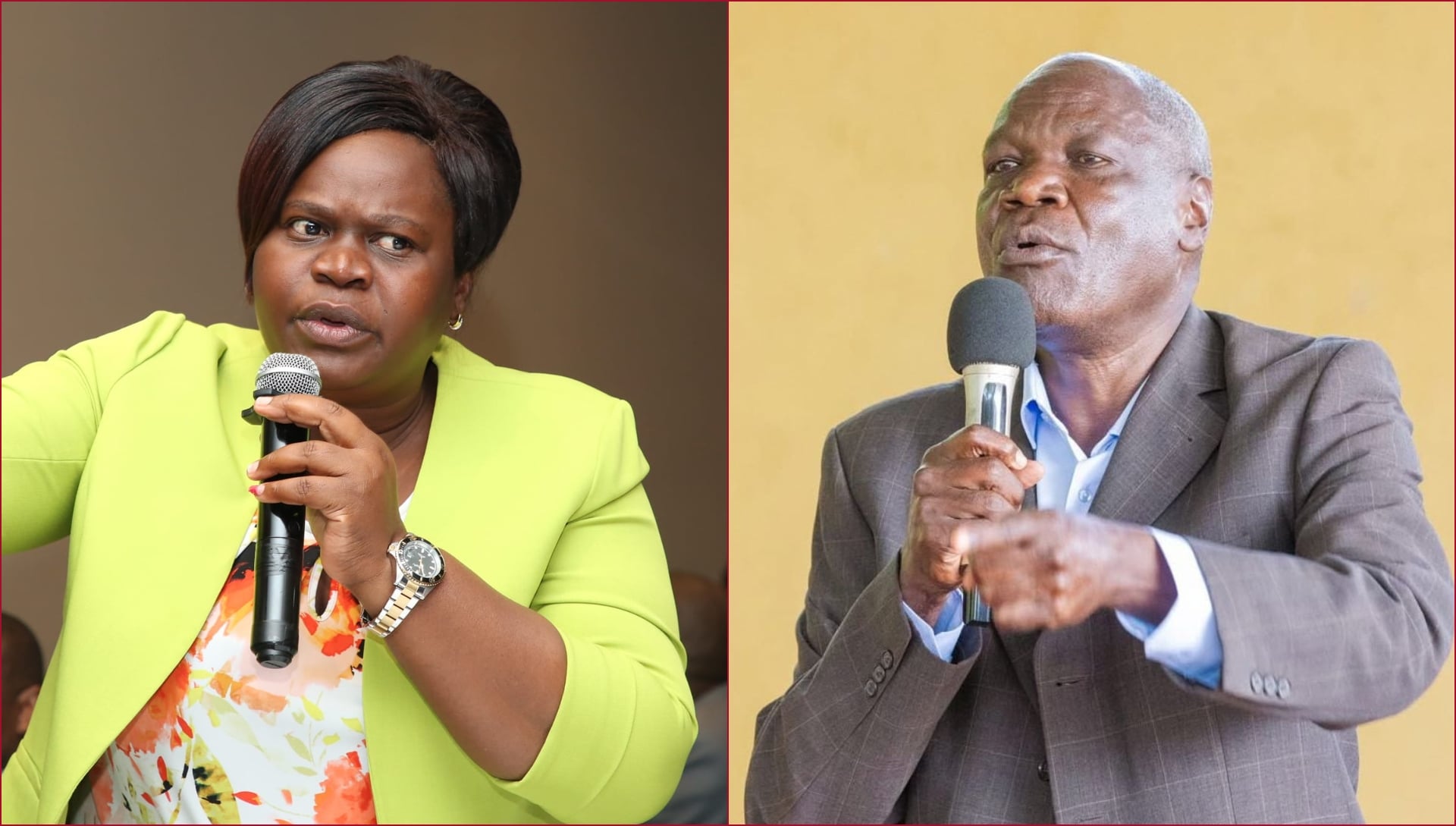
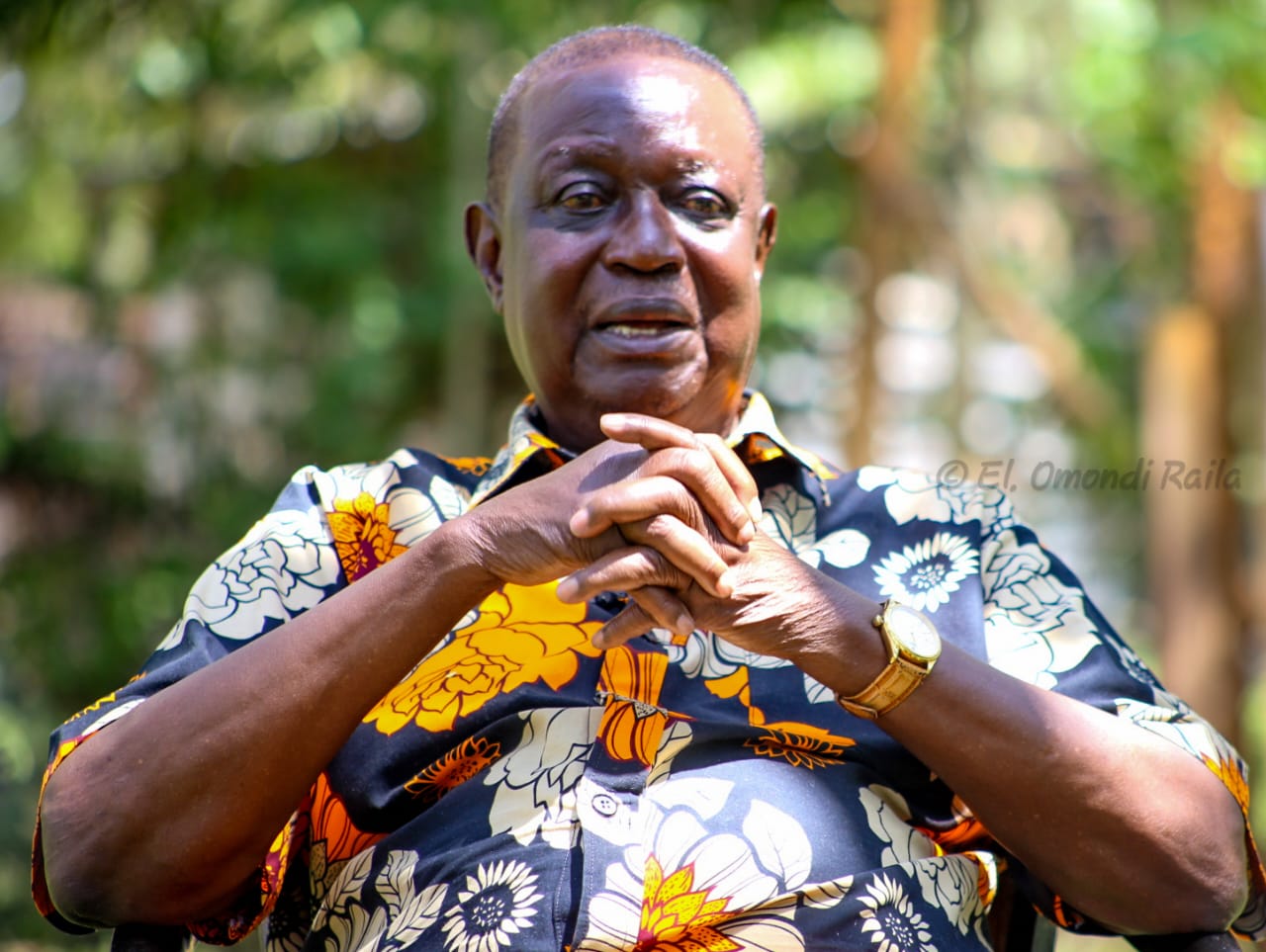
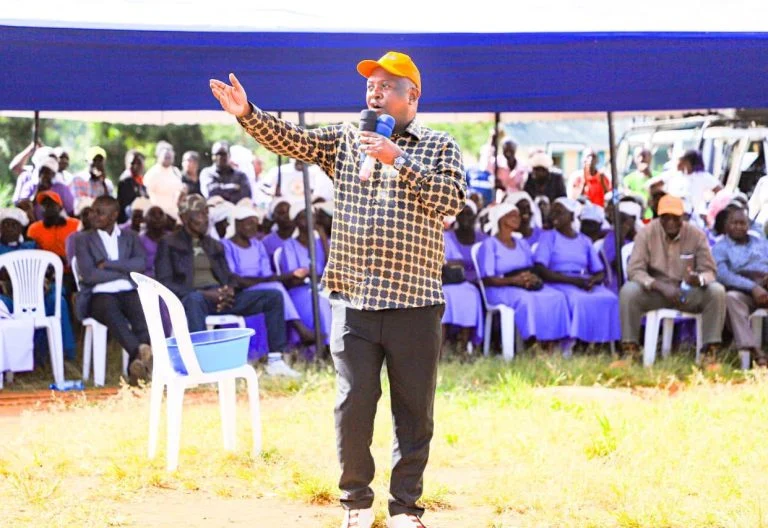
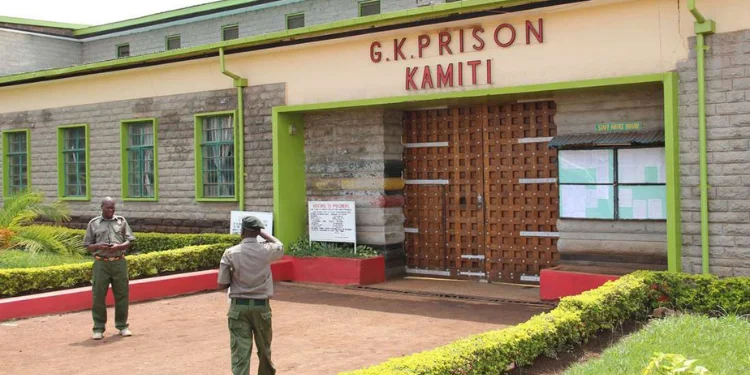


Leave a Reply